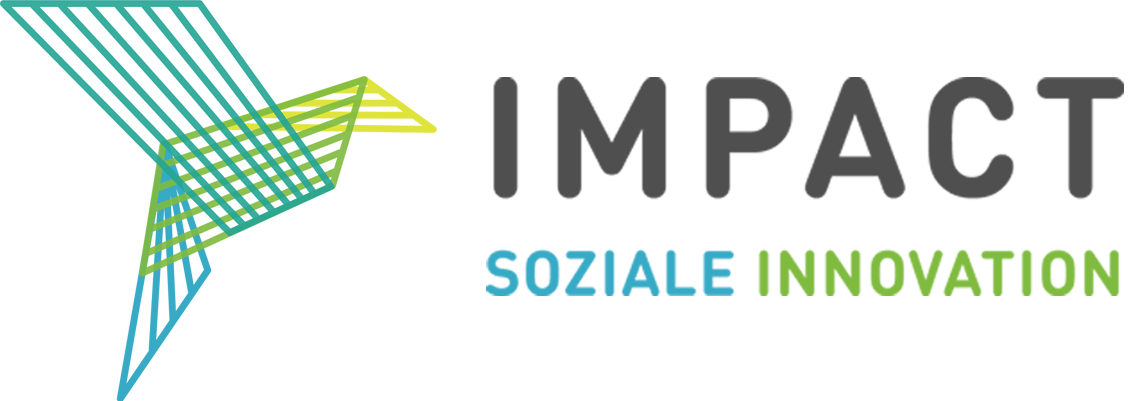In their currently published study, Dominika Wruk, Tino Schöllhorn and Achim Oberg explore the field of the sharing economy. Analyzing relational structures and discourses is crucial for developing a through understanding of the current state and potential development of the sharing economy. In this chapter, the authors applied two different field conceptions – organizational field and issue field – as a starting point for an explorative empirical analysis. To capture both field concepts, the authors collected relational data and data on organizations’ self-representations to see how organizations engaged in the debate on the sharing economy relate to each other. The observed network of organizations suggests that the sharing economy is an issue field. In addition, the core of this network shows the relational structure of an organizational field. Surprisingly, it is not an organizational field of the sharing economy. Instead, it is a field of organizations heavily engaged in proselytizing new organizational forms that will change other fields. What the authors observed is a new field configuration – the authors call it a disruptive field – that is, less inward-oriented than other fields but much more engaged in changing other fields’ structures and dynamics. During the dot-com years, they supported Internet start-ups; then, they made Web 2.0 platforms popular; and now, they have legitimized and strengthened sharing economy start-ups. So far, they pay more attention to dominant sharing organizations (e.g. Airbnb, Uber). With these insights, the authors contribute to institutional research on field configuration and shed light on the phenomenon of the sharing economy and its potential development.
Publication
Wruk, D., Schöllhorn, T., & Oberg, A. (2020). Is the Sharing Economy a Field? How a Disruptive Field Nurtures Sharing Economy Organizations. In I. Maurer, J. Mair, & A. Oberg, Theorizing the Sharing Economy: Variety and Trajectories of New Forms of Organizing (pp. 131–162).
Link to publication:


